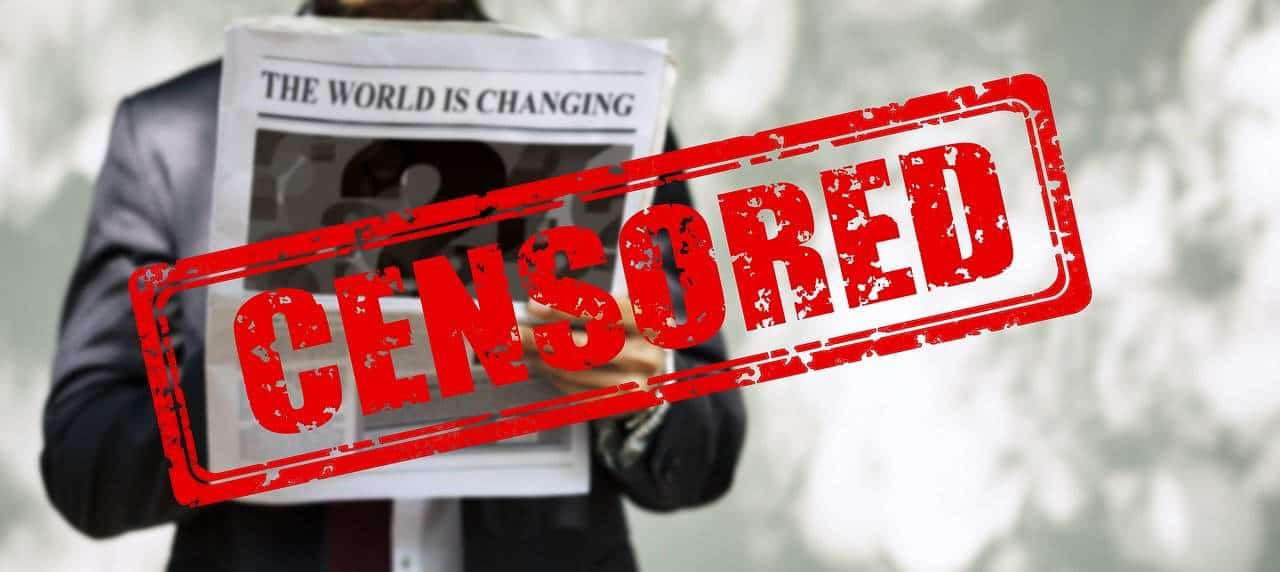A photographer had to flee Nicaragua, the head of a newspaper in Guatemala is in jail and a portal in El Salvador is being prosecuted. All after publishing information uncomfortable for their governments in Central America, where independent journalism is going through difficult days.
After a year of police occupation, last week the premises of the newspaper La Prensa in Nicaragua were taken over by the government of Daniel Ortega, who accused Juan Lorenzo Holmann, manager of the almost centenary newspaper, critical of his administration, of money laundering.
Holmann has been in prison since 2021 and in April was sentenced to nine years in prison.
It is the same crime that the Guatemalan prosecutor’s office, backed by President Alejandro Giammattei, accuses the head of El Periódico, José Rubén Zamora, who was imprisoned a month ago.
“Money laundering is becoming an increasingly frequent accusation in Central America” to prosecute journalists, warned Carlos Dada, director of the Salvadoran portal El Faro, also accused of money laundering.
El Faro has denounced secret negotiations between the government of Nayib Bukele and the gangs, to which the president later declared war.
“The concentration of power in the hands of authoritarian regimes is increasingly succeeding in silencing their critics and the independent press (…) the harassment is increasing,” Dada told AFP.
The accused claim that these are fabricated cases to silence them. In Nicaragua and El Salvador, the rulers maintain that these media are financed from abroad to destabilize the country and consider them to be opponents.
Central America, a region that was affected by decades of civil wars and dictatorships, has young democracies and is still affected by poverty, violence and corruption.
Stifling the press
“The strategy of stifling the independent press, which was installed in Cuba decades ago and was promoted in Venezuela and other countries in the region, was perfected in recent times by the Ortega regime,” Carlos Jornet, chairman of the Press Freedom Committee of the Inter American Press Association (IAPA), said at a recent forum.
And it is expanding. During the electoral process, the president of Costa Rica, Rodrigo Chaves, lashed out against media outlets that published the sanctions he received for sexual harassment when he was a World Bank official, and that now report on alleged irregularities in the financing of his campaign.
“Talking about the press is like talking about fauna: there are rhinos, raccoons, rats,” said Chaves.
In Exile
In July, Oscar Navarrete, a photographer for La Prensa, was covering the expulsion from Nicaragua of nuns from the Association of the Missionaries of Charity, of the Mother Teresa of Calcutta congregation, which the government outlawed along with 1,500 other organizations.
She accompanied the transfer of the nuns by road to Costa Rica, a fact that the government tried to keep secret. When he returned home, he was alerted that he was going to be arrested and went into hiding. His home was raided by the police.
“They took all my equipment (…), they swept away everything, in such a violent way that my mother went into shock”, said Oscar, who is now in exile in Costa Rica.
Currently, the entire editorial staff of La Prensa operates from San José. More than a hundred journalists critical of Ortega are in exile and several are imprisoned.
Kill the newspaper
Zamora, president of El Periódico, accuses Giammattei and Guatemalan Attorney General Consuelo Porras of building a case to lock him up.
Washington placed Porras on a list of corrupt characters for obstructing the work of an anti-mafia prosecutor whom she fired.
El Periódico published more than a hundred investigations on Giammattei’s management, “intolerant of criticism”, commented Lucy Chay, deputy editor of the newspaper. Among them were reports of alleged bribe payments.
In addition to arresting Zamora, the newspaper’s accounts were frozen. “The intention is to kill the newspaper,” Chay maintained.
“Efforts to harass journalists who investigate corruption, human rights violations and abuses of power appear to be intensifying,” Juan Pappier of Human Rights Watch (HRW) told AFP.
He recalled that this follows “spurious criminal proceedings” against judges and prosecutors who investigated corruption in Guatemala.
Espionage
As part of its onslaught against criminal groups, El Salvador approved a law that punishes those who reproduce gang messages with up to 15 years in prison.
El Faro has published testimonies of people who identified themselves as gang members and admitted negotiations with Bukele, who denies the accusations.
Dada recalled that his cell phone and those of a score of El Faro workers were infected by Pegasus spy software, a technology that is only sold to state agencies. The government denied being behind it.
The dangers of practicing journalism in the region are even life-threatening. Honduras has registered 97 murders of journalists since 2001, according to the Committee for Free Expression of that country. Most of them remain unpunished.
According to Amada Ponce, director of the Committee, in Honduras there are subjects that cannot be talked about without running risks, such as drug trafficking and mining.
Those who practice journalism “with dignity and ethics are judicially persecuted, stigmatized or threatened,” she lamented.






